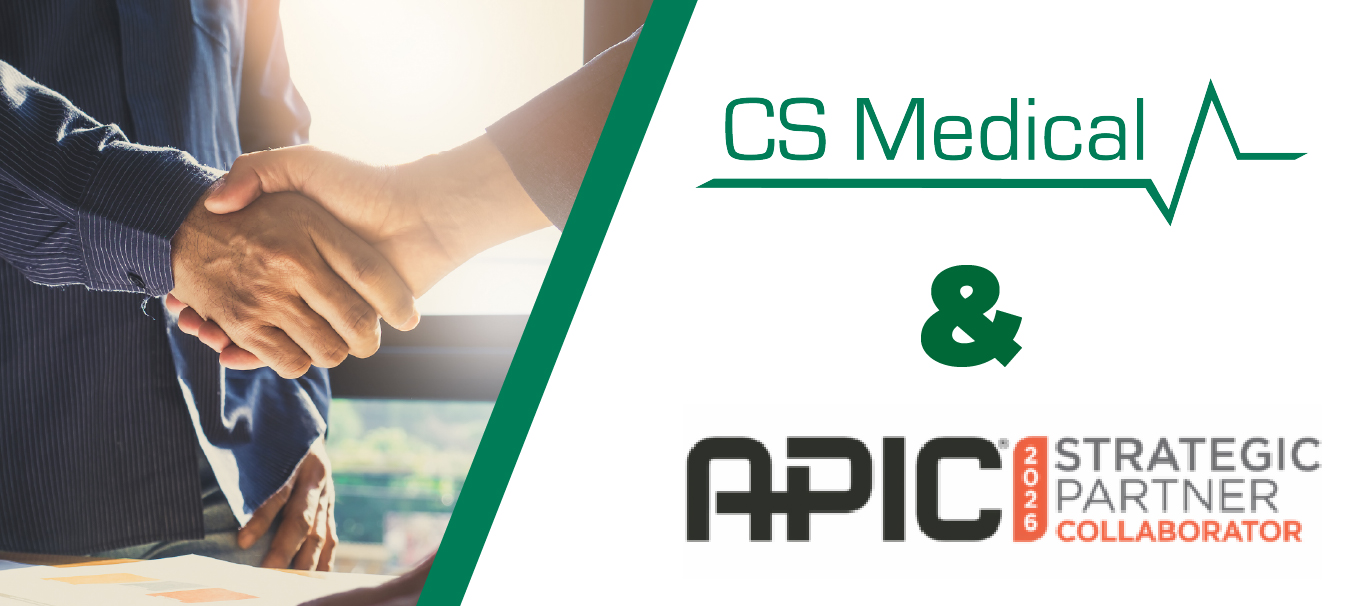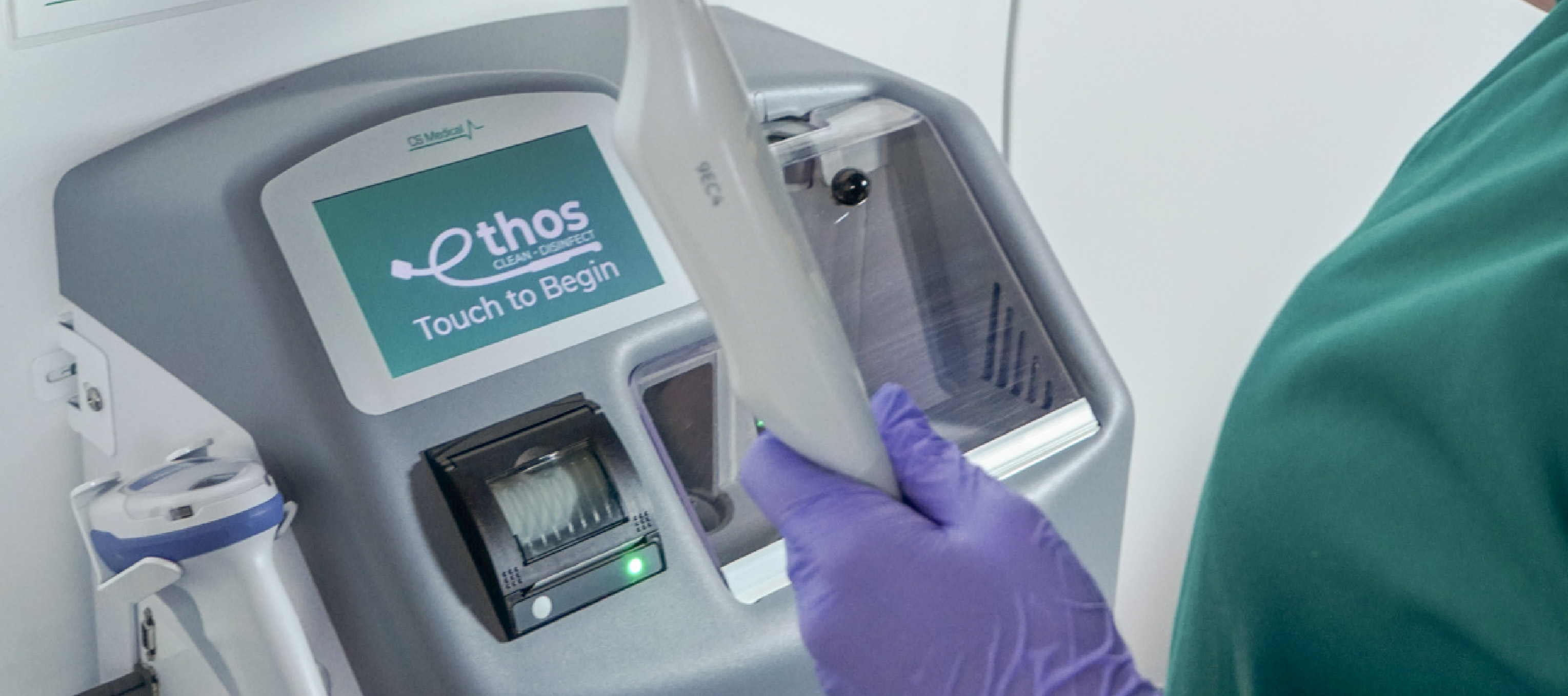Since the release of the TD 200® Automated TEE Probe Disinfector, peracetic acid has been used to high-level disinfect transesophageal echocardiogram (TEE) ultrasound probes. The peracetic acid used by the TD 200 is a single-use granulated biocide called TD-12® AquaCide®. Peracetic acid (PAA) is a high-level disinfectant (HLD) used in various industries ranging from sterilization in a healthcare setting to food processing. While it has been in use for many years, peracetic acid is gaining traction in the disinfection of semi-critical devices, such as TEE ultrasound probes. Being highly biocidal, meaning it is extremely effective at killing bacteria, viruses, and spores, peracetic acid is a great choice for the high-level disinfection of probes.
The benefits to using peracetic acid for probe reprocessing are plentiful. Most important among these benefits is the fact that peracetic acid is highly effective. According to three clinical trials cited by the Centers for Disease Control (CDC), peracetic acid had, “excellent microbial killing and no clinical failures leading to infections.” That is great news for infection preventionists trying to stop the spread of health care associated infections (HAIs). The CDC also reports that while peracetic acid is effective at removing organic material, it leaves no residue and is sporicidal even at low temperatures.
As strong as it is, peracetic acid is completely safe as it breaks down. In fact, according to an article In Food Safety Magazine, “Peracetic acid is very reactive and quickly decomposes to acetic acid (acid in vinegar), oxygen and water.” So once it has been used for the high-level disinfection of a probe, peracetic acid is safe to flush down the drain and needs no neutralization, making it safer for the environment.
Unfortunately, peracetic acid’s strengths contribute to its weaknesses. Because it is so strong, it can be quite corrosive. The CDC reveals, “Peracetic acid can corrode copper, brass, bronze, plain steel, and galvanized iron.” As with all high-level disinfectants, material compatibility must be verified with your probe manufacturer before use. CS Medical’s TD-12 AquaCide was formulated to have a basic pH, of 8.5 to 9.0, so this disinfectant does not have the same corrosive material compatibility issues found with other peracetic acid HLDs. Also at this pH and with TD-12 AquaCide being heated in the TD 200 the system arrives at MRC very quickly, the high-level disinfection can occur in 3 minutes, and then the PAA degrades just as quickly so there is no need for neutralization nor deactivation.
Additionally, peracetic acid may cause discomfort and irritation to a user’s respiratory tract if fumes are inhaled, so wearing the proper PPE and using the best equipment possible is vital. Fortunately, to mitigate the risk of fume exposure, the TD 200 comes equipped with a built-in advanced vapor management system. It functions by constantly pulling airflow across the disinfectant reservoir where fumes and vapors accumulate. Then the fumes are pushed through a bonded carbon filter and neutralized. Once neutralized, the clean air is recirculated back into the room. With the TD 200, all the benefits of peracetic acid can be reaped while leaving behind all its weaknesses.


